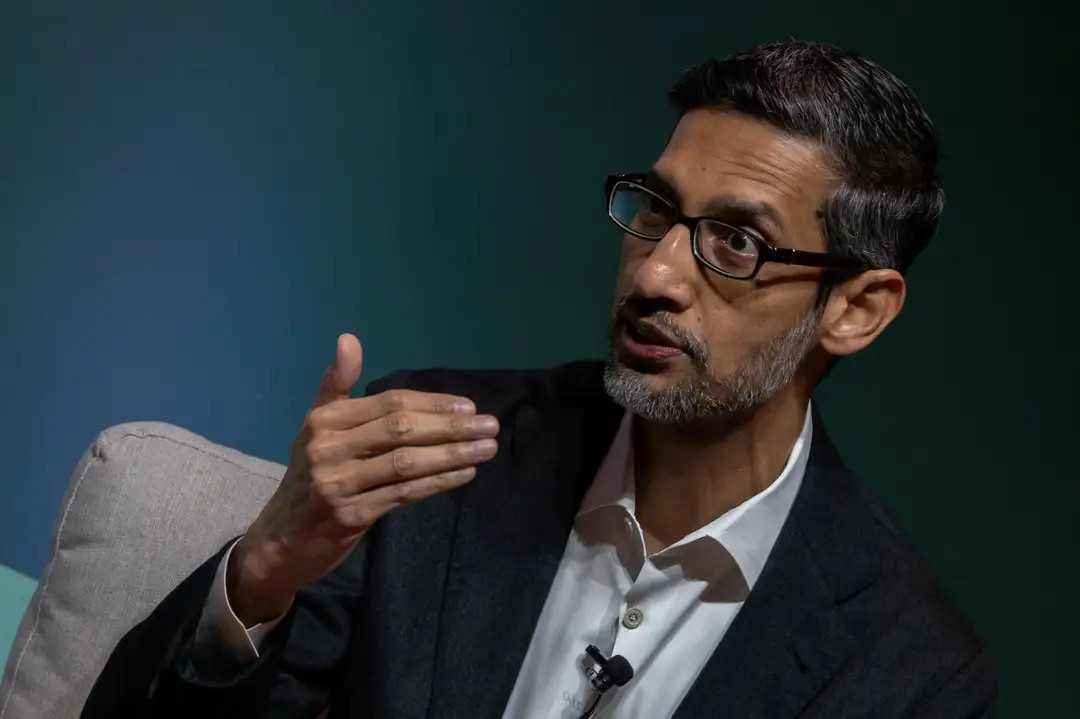Google, owned by Alphabet Inc., has sparked the controversy surrounding remote work once again with its new policy change that asks some remote workers to come to the office for at least three days a week. If not, the company threatens disciplinary measures, including possible termination. The policy shift, confirmed by company officials and internal communications, highlights the technology giant’s evolving strategy toward hybrid work as it struggles with productivity metrics, collaboration objectives, and real estate investments.
The Policy Shift
In a memo distributed in-house earlier this month, Google management spelled out that those employees who have been labeled “hybrid” or “office-based” will need to comply with the new in-office schedule as of June 1, 2025. The change impacts thousands of workers throughout departments, particularly in engineering, product development, and marketing.
“We are a firm believer in the strength of in-person collaboration,” Google Chief People Officer Fiona Cicconi stated. “Though we continue to be supportive of flexibility, it’s also crucial to strengthen our in-office culture that fuels innovation and team collaboration.”
Google had already adopted a hybrid work model post-pandemic, enabling teams to plan schedules and offering flexibility to many employees who had moved or adapted their habits for remote work.
Enforcement and Consequences
Under the memo, failure to comply will be monitored using badge swipes and online check-ins. Multiple offenses will be documented in performance reviews and could prompt formal HR actions.
A Google representative verified, “This isn’t a one-size-fits-all requirement. Medical or caregiving circumstances can provide a basis for requesting an exception, but teams should default to the three-day rule unless exempted explicitly.”
According to reports, employees who fall below the minimum attendance level following a 60-day grace period may be subjected to progressive discipline such as reassignment or termination.
Employee Reaction
The announcement has created a stir within Google’s ranks. Anonymous postings on company internal forums and boards such as Blind exhibit a blend of frustration, acceptance, and operational issues.
“I relocated coast-to-coast during remote work. This requires me to decide between my career and my life,” one staffer wrote. Others complained about commuting expenses, work-life balance, and possible turnover.
Google worker organizations, including those that support caregivers and neurodivergent workers, have asked for meetings with HR leaders to address the policy’s effects on marginalized staff.
Industry Context
Google isn’t the only one revising its remote work policy. Meta and Amazon have also released RTO mandates in the past few months under the same rationale. Apple expects the vast majority of employees to be in the office at least three days a week, with Salesforce providing team-based flexibility.
These actions are part of a larger shift in Big Tech, as the leaders are more frequently tying physical attendance to productivity and corporate unity.
“The tide is shifting,” said Jessica Reiser, a Forrester Research tech workforce analyst. “A lot of companies feel they had a legitimate try with remote work and are now reconciling that experience with strategic objectives.”
Legal and Ethical Issues
Labor analysts warn policies such as Google’s need to be executed carefully to fend off discrimination lawsuits and legal headaches.
“Firms can enforce on-site presence, but they have to do so in a manner that is consistent and equitable,” said Tanya Lewis, an employment attorney in California. “Accommodations under ADA laws still have to be respected.”
In addition, some local and state governments have created worker rights for pandemic-era remote workers. Experts say Google’s new policy will be put under examination based on these bodies of law.
Implications for Office Real Estate
Google has spent billions on real estate around the world, including its 1.7 million-square-foot Bay View campus in Mountain View, California. Others believe that the rush for RTO has to do with getting the most out of those investments.
“We’ve made thoughtful decisions about the spaces we build to inspire creativity and community,” Cicconi wrote in the memo.
Real estate professionals concur. “Big tech campuses are built for density and collaboration. When they sit empty, the cost is tremendous,” said CBRE’s Marla Greenwood.
The Future of Work at Google
Even with the criticism, Google leaders insist hybrid work is the wave of the future—but on their terms. The company will reassess its RTO policies on a yearly basis, depending on business results and employee input.
In an all-hands meeting, Sundar Pichai, CEO of Alphabet, reiterated that the company would continue to explore flexible solutions but must also align on shared priorities.
“We’ve thrived on collaboration,” Pichai said. “That magic doesn’t always happen over a screen.”
For now, the mandate signals a definitive step in Google’s return to pre-pandemic norms—albeit with a more structured vision of flexibility.
Conclusion
Google’s updated return-to-office policy marks a significant moment in the ongoing evolution of workplace norms post-COVID-19. As one of the world’s most influential tech firms reasserts the value of physical presence, it is setting the tone for an industry still wrestling with how—and where—work gets done.
With June looming, everyone is watching to see how the policy plays out, how the employees adjust, and whether Google’s combination of flexibility and structure becomes the new norm or a cautionary story.







